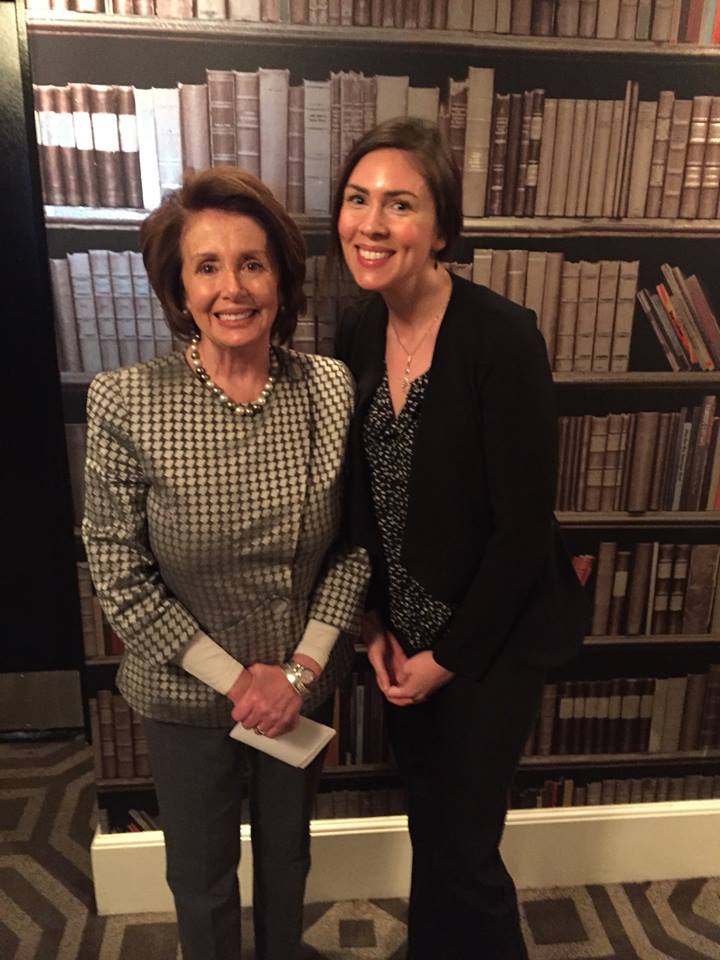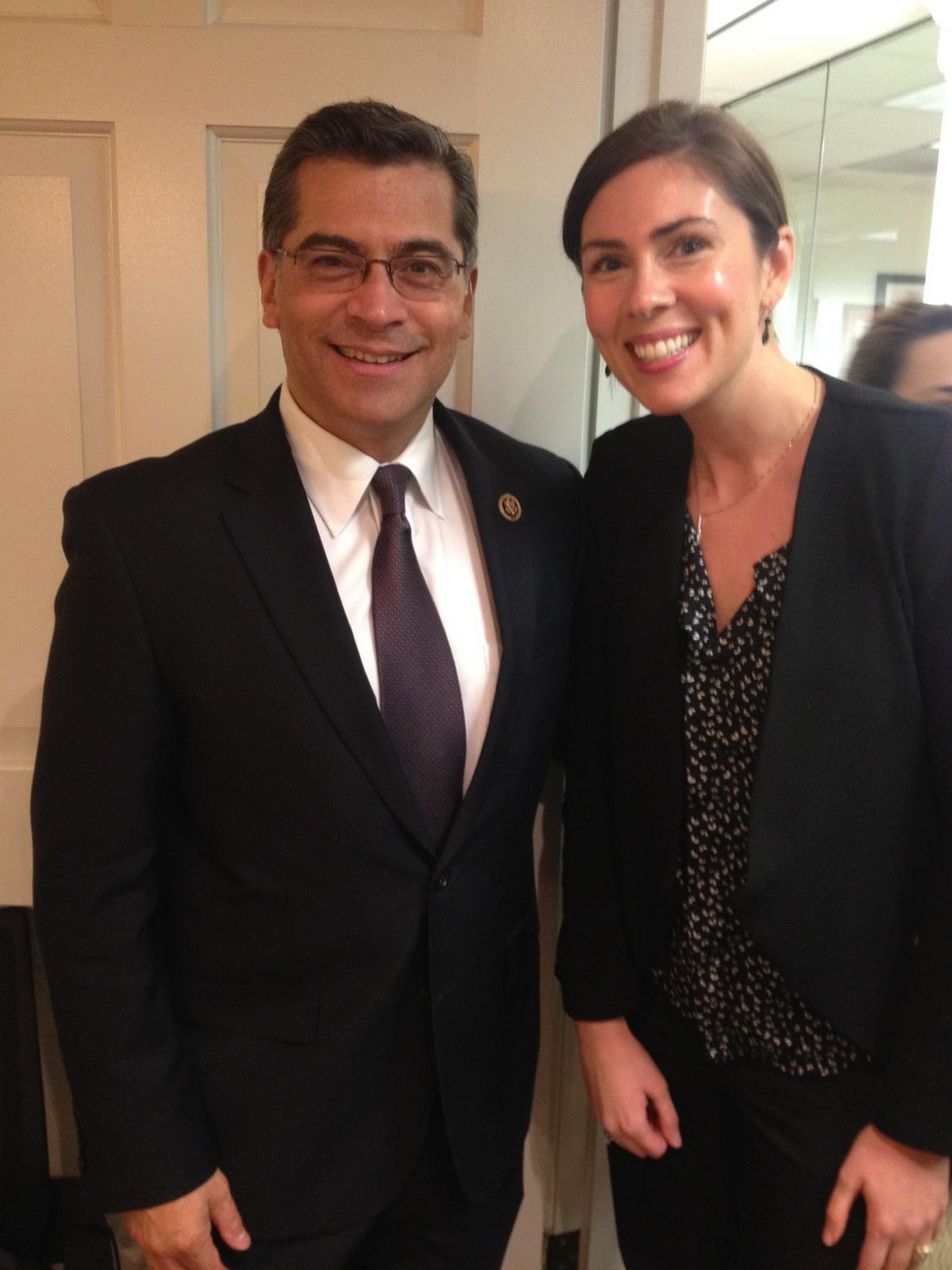Nursing and Health Policy
Get involved with your local and national nursing organizations!

Get Involved with Health Policy! Apply for a Fellowship!
After I graduated from my nurse practitioner program I applied to the American Association of Nurse Practitioner’s (AANP) Health Policy Fellowship in Washington, D.C….and got it! I couldn’t believe it! It was an incredible experience that I will never forget. I had the opportunity to attend meetings at Capitol Hill and meet with movers and shakers like Nancy Pelosi and California’s Attorney General Xavier Becerra. I also helped out with various duties at AANP’s Government Affairs office, studied members of Congress, and learned how Capitol Hill works. It was amazing!
There are numerous health policy fellowships to apply for, but here are just a few:
- Robert Wood Johnson Health Policy Fellows program
- Health Policy Research Scholars
- Margaret E. Mahoney Fellowship
- National Academy of Medicine Nurse Scholar-in-Residence
- Emerging Leaders in Health and Medicine Program
- FDA Tobacco Regulatory Science Fellowship
- International Health Policy Fellowship
- The Australian-American Health Policy Fellowship
- The Health and Aging Policy Fellowship
- The Commonwealth Fund’s Harkness Fellowships in Health Care Policy and Practice
- David A. Winston Health Policy Fellowship
- Randall Lewis Health Policy Fellowship

Get Involved with Your Professional Nursing Organizations!
This is another picture taken during my AANP Health Policy Fellowship at Capitol Hill. I had the opportunity to talk about the nursing profession with California’s current Attorney General Xavier Becerra! If it wasn’t for my national organization, AANP, I wouldn’t have been able to have these transformational experiences. Our local, state, and national organizations work tirelessly to improve the health, safety, and well-being of nurses and patients, but not enough nurses belong to organizations. If you want to see change in your practice or healthcare, it is critical that you be a part of the change process. By joining nursing organizations, we create a united voice that is strengthened by numbers!
There are countless organizations. Just about every specialty in nursing has a professional organization but here a few big ones:
- National League for Nursing (NLN)
- American Nurses Association (ANA)
- American Academy of Nursing
- American Association of Colleges of Nursing
- Sigma Theta Tau International Honor Society of Nursing
- American Association of Nurse Practitioners

Volunteering Provides a Variety of Opportunities
I started to get involved with California Association for Nurse Practitioners (CANP) before I even applied to nursing school! After I graduated from undergrad in another field (Textiles & Clothing: Marketing and Economics), I researched graduate school options and decided that the role of nurse practitioner was in line with my personal philosophies. I immediately started studying everything about NPs, from scope of practice to specialities and fell in love with nursing and health policy. I continued to volunteer with CANP as a student member and transitioned to volunteering as a board member after graduation.
Volunteering with your nursing organizations can be an amazing way to learn leadership skills, network, and influence policy and practice! Don’t forget to attend your lobby day! Organizations usually offer a day or several days each year where nurses come together and meet at a capitol to educate lawmakers about nursing and policies that affect our practice and patients. You might be surprised to learn that many lawmakers are unfamiliar with nursing which provides an amazing opportunity for education about all of the countless roles nurses serve.

Tips on How to Get Started Lobbying
- You can meet legislators either in Washington, DC, or in their local office.
- You can contact them by telephone, written letters, e-mails, or mass “call to action” messages.
- You can contact the scheduler through the U.S. Capitol Switchboard at (202) 224-3121 and asking for the senator’s and/or representative’s office.
- In any communication, always be courtesous, gracious, and professional. Please do not be tardy, rude, or rage out on them! Yes, issues can incite strong emotions especially when we talk about patients’ lives, but remember this is meant to be an effective conversion, not an opportunity for you to unload your emotional frustrations.
- How to find your representiave: https://www.house.gov/representatives/find-your-representative
- How to find your senators: https://www.senate.gov/general/contact_information/senators_cfm.cfm
- What to write or talk about? Often times if there is an important bill that your nursing organization is supporting or opposing they will provide a sample letter for you that you use and edit. Here is a generic sample letter.
